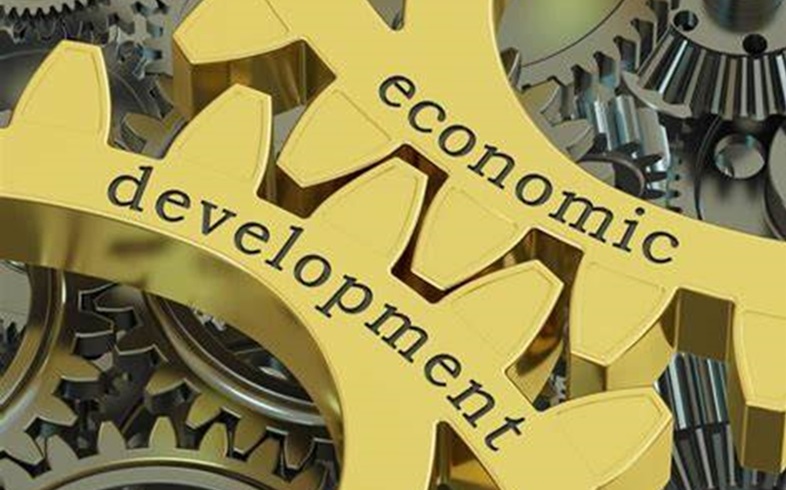Economic development is a concept that is used to mean growth along with increasing production capacities, including physical, human and social capacities. Economic development still refers to policies, programs or activities that are applied with the aim of improving the economic conditions and raising the quality of life of a society. Things like increasing social well-being, reducing poverty, creating social justice and creating employment can be counted among the main goals of economic development. Examples of economic development include the implementation of appropriate policies for the development of innovative jobs in order to solve the unemployment problem of graduates, the development of air infrastructure to increase the amount of economic flights, bringing real incentives for the establishment of commercial institutions and creating economic growth, as well as applying fundamental changes. It can be seen in the educational system with the aim of educating expert people.
Economic development and its formation is affected by several factors, each of which plays a major role in this process, but according to many experts and scientists, human resources are known as the main source of development. Human power includes a set of thoughts, beliefs, ideas, culture, knowledge, skills and power that all members of the society, including men and women, have at their disposal. Professor Harbison believes that in the process of economic development, material resources and capital have the second role and place, while human resources are in the first place, because it is human resources that is ultimately the characteristic and depth of development. It determines economic and social and forms the basic foundation of the wealth of nations. According to him, it is human beings and human resources that, as active factors of production, create technological advances, extract natural resources, form social, economic and political organizations and realize development.
Society as a whole consists of all the people who are its members. This meaningful whole includes men and women who live together and influence each other’s lives. Therefore, both men and women of the society have the responsibility to assume their role and mission in the economic development of the society. Now, if the situation is such that half of the society – men or women – for any reason are left away or deprived from active participation and participation in the development and especially the economic development in the society, all the layers of the society, especially the government institutions that are responsible for policy making planning, implementing policies and allocating resources within their work competencies, they are directly responsible for implementing policies and distributing resources, especially financial resources and programs, in a way that provides grounds for the participation of all members of the society, i.e. men and women.
Undoubtedly, this category is also exemplified in Afghanistan; As a member of the international community, our country is in a situation where the process of development and progress in different dimensions is facing many challenges. The biggest problem is that currently half of the society, i.e. women, are deprived of the role they should have in various fields of development, and this has undoubtedly caused the development to face disruption and slowness. If Afghanistan wants to move towards development and especially economic development with more speed, it needs to contribute to all social elements, men and women, and benefit from everyone’s ability, talent, wisdom and knowledge. The isolation and unused potential of half of the society will result in a heavy blow to the future of development in Afghanistan.

Social Media










Read More
Even Iran’s Senior Team Couldn’t Overpower Afghanistan – The Fear Was Evident
The Impact of U.S. Aid Cuts to Afghanistan
The Damages of Widespread Migration of Afghans to Foreign Countries